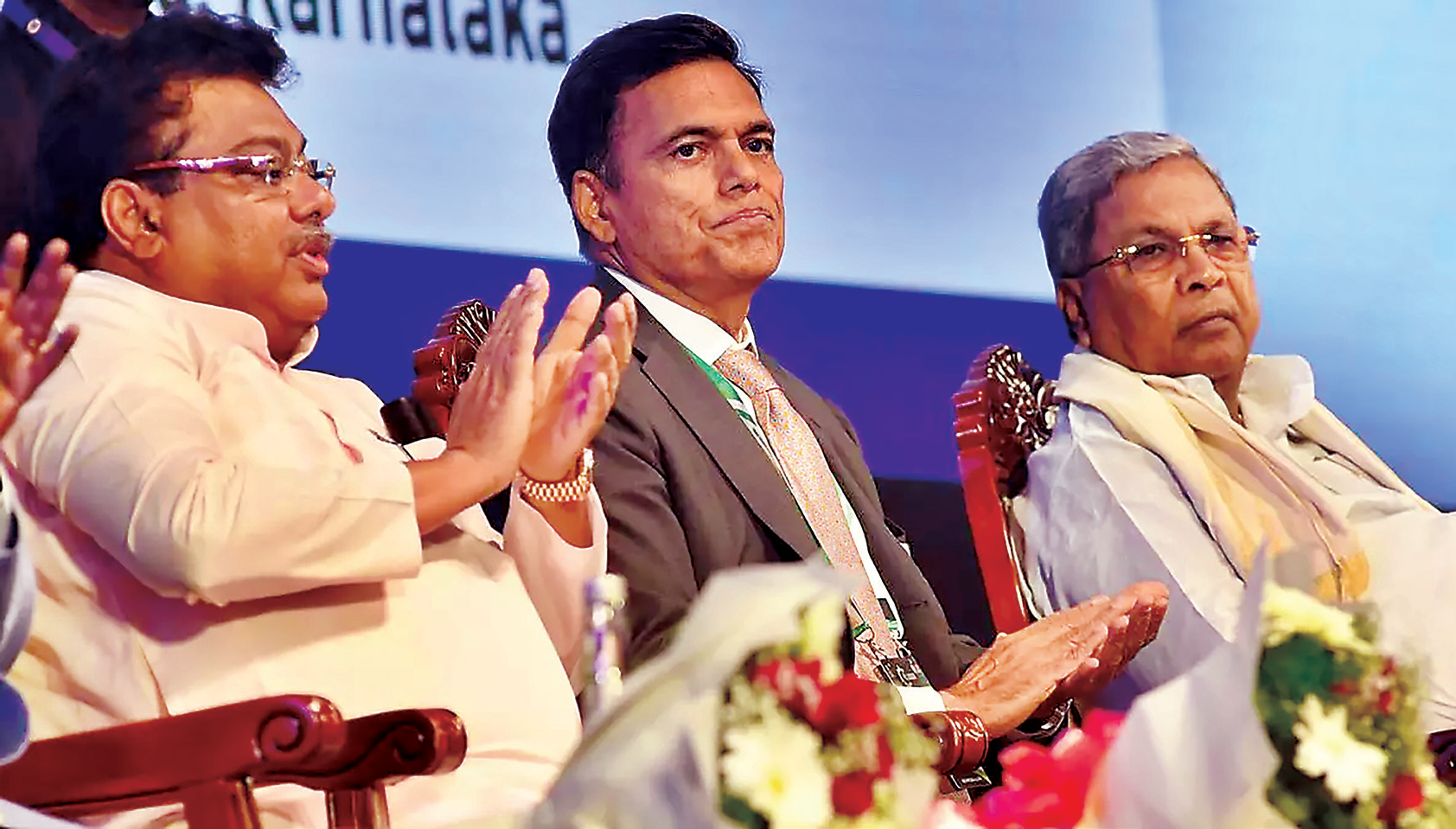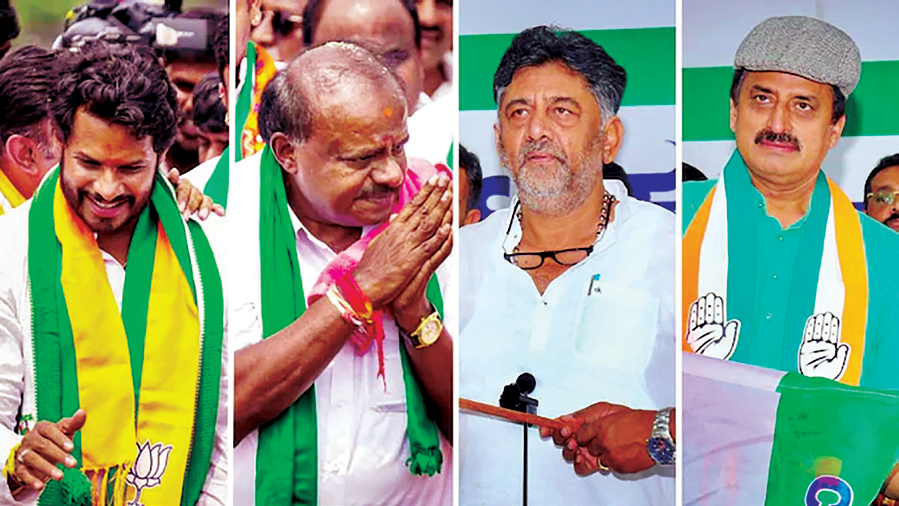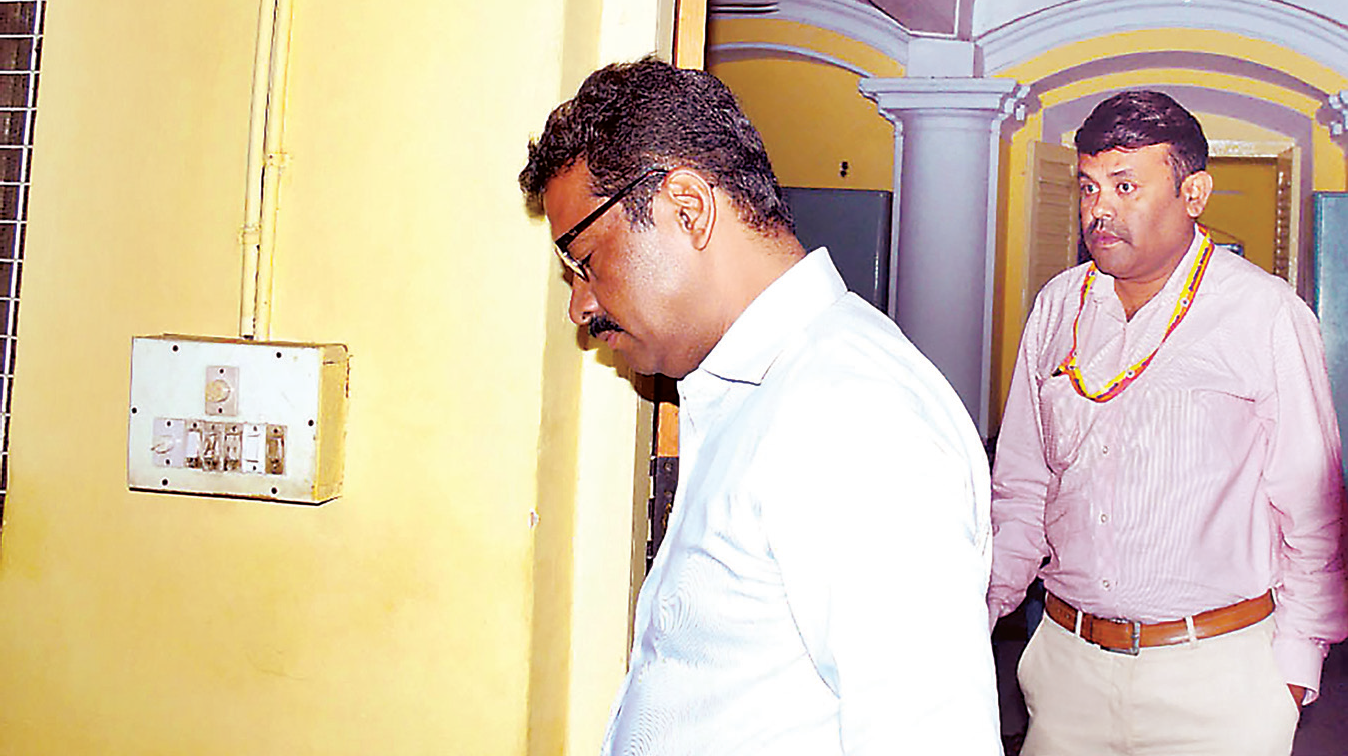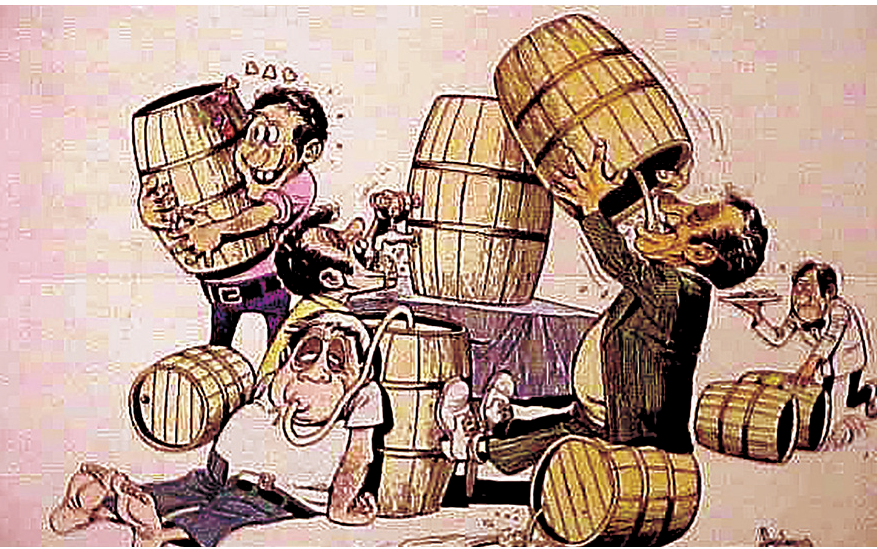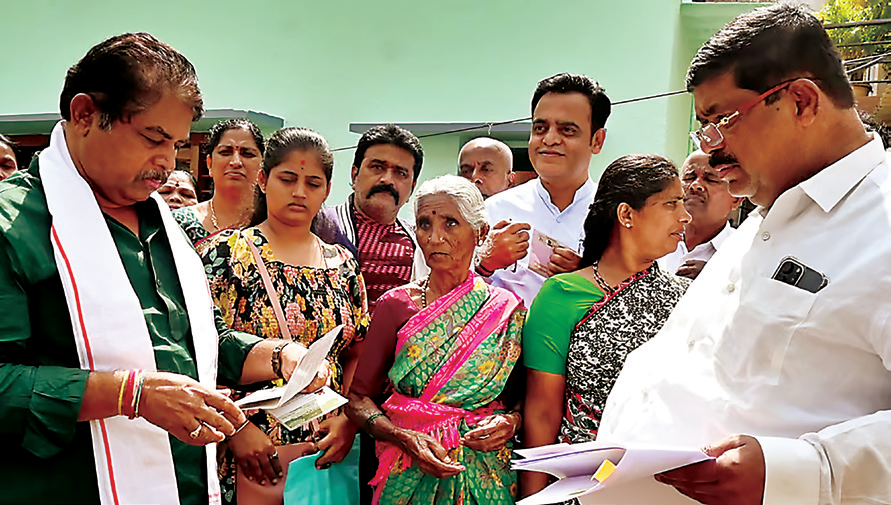
K'taka identifies 22.63 lakh ineligible BPL cardholders; opposition protests
NT Correspondent
Bengaluru/Kolar
The Karnataka government has identified 22.63 lakh ineligible Below Poverty Line (BPL) cardholders in the state, with plans to revise the list, official sources said on Wednesday. A survey conducted in August this year uncovered 22,62,482 ineligible BPL cardholders. The government is now considering cancelling these cards, triggering concerns about the withdrawal of key welfare benefits for numerous families. These include the distribution of 10 kg of food grains per family member per month under the Anna Bhagya scheme and the Rs 2,000 monthly allowance provided to women heads of BPL families under the Congress-led government's Gruha Lakshmi scheme. Defending the move, Karnataka's Food, Civil Supplies, and Consumer Affairs Minister K H Muniyappa stated that southern states typically do not have more than 50 per cent of their population categorised as BPL cardholders.
"In Karnataka, the second-highest tax revenue-generating state after Maharashtra, it is unrealistic to have 75-80 per cent of the population listed as BPL. Therefore, we must cancel these cards," Muniyappa said, adding that the government is not eliminating the cards but reclassifying them as Above Poverty Line (APL) cards. According to Muniyappa, individuals holding government jobs, paying income tax, or earning an annual income above Rs 1.2 lakh are not eligible for BPL cards. The opposition BJP seized the issue, criticising the Congress-led government. Leaders including Opposition Leader R Ashoka, former Deputy Chief Minister C N Ashwath Narayan, and K Gopalaiah led a march in Bengaluru, visiting affected BPL families and staging protests against the decision. A Bengaluru-based BPL cardholder expressed concern after discovering that her ration card had been canceled during a visit to a government-run ration shop.
She feared her newborn daughter would lose access to benefits under the Bhagya Lakshmi scheme, aimed at reducing female foeticide, supporting education, and ensuring financial empowerment for girls. The government's move has sparked widespread debate, with political and public reactions continuing to unfold.
 English daily published in Bengaluru & Doha
English daily published in Bengaluru & Doha

